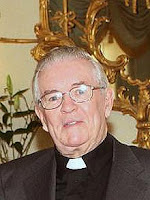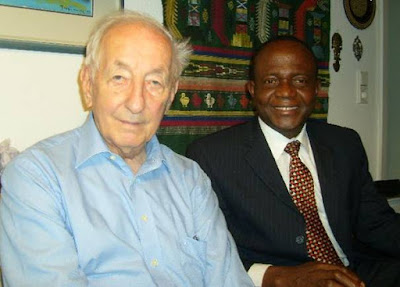An informed evaluation of the Nigerian Civil War of 1967: A social science case study
Culled from Nigerian Muse How do the Paul Collier and Anke Hoeffler opportunity and grievance model, and the James Fearon and David Laitin’s civil war hypothesisassess the Nigeria Civil war (Biafra war of secession, 1967 – 1970)? Was the declaration of Biafra’s Independence largely as a result of opportunity or grievance? Konye Obaji Ori International Conflicts and Conflict Resolution Department of International Relations University of Indianapolis 12/02/09 Like several African nations, Nigeria was carved by the British who neglected the religious, ethnic and lingual differences that existed among the people who are Nigerians today. The country’s boundaries had been defined subjectively to demarcate where the contending claims of the colonial powers collided. Just seven years after independence from Britain in 1960, the eastern region of Nigeria by May 1967 declared itself an independent state called the Republic of Biafra, under the leadership of Lt Colonel Ojukwu in accordanc...

